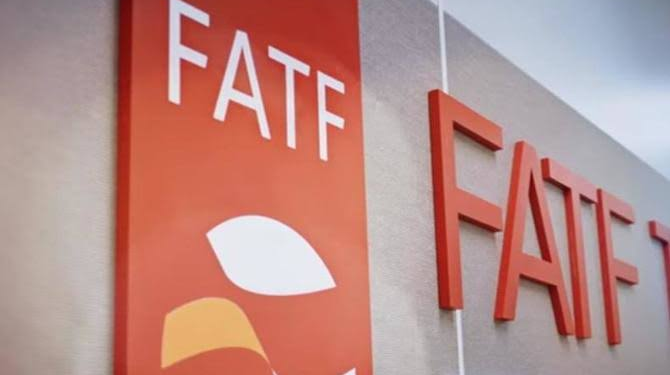The Director-General of the Securities and Exchange Commission (SEC), Dr Emomotimi Agama, has said Nigeria’s removal from the Financial Action Task Force (FATF) grey list will serve as a strong catalyst for attracting foreign investors and rebuilding global confidence in the nation’s financial system.
Dr. Agama described the FATF decision as a major milestone that signals Nigeria’s commitment to transparency, accountability, and reforms aimed at strengthening its anti-money laundering and counter-terrorism financing (AML/CFT) framework.
Speaking on Channels Television’s Morning Brief, the SEC boss said the delisting sends a powerful message to international investors and trading partners that Nigeria is now a safer and more compliant destination for investment. “It means so much for us in the capital market and the financial system. It brings about something we have been craving for investor confidence,” Agama said.
“Delisting from the FATF grey list sends a very strong signal that Nigeria has made significant progress in strengthening its regulatory and institutional frameworks.” According to him, the move would not only restore trust in Nigeria’s financial markets but also unlock new streams of foreign capital, stimulate market participation, and enhance productivity across key sectors of the economy.
“This is a welcome call to new investments,” Agama added. “It will strengthen economic growth, deepen financial inclusion, and position Nigeria as a credible and competitive player in the global investment landscape.” The FATF, on Friday, officially announced Nigeria’s removal from its grey list after the country successfully implemented a 19-point action plan over a two-year period.
The delisting followed the global body’s recognition of Nigeria’s significant progress in combating money laundering and terrorism financing. Dr. Agama commended the Director/ Chief Executive Officer of the Nigerian Financial Intelligence Unit (NFIU), Mrs. Hafsat Abubakar Bakari, and her team for leading the reforms that secured Nigeria’s removal from the list.
“The NFIU was at the forefront of this initiative, and we commend their commitment which has earned Nigeria global recognition for strengthening its institutional framework to tackle financial crimes,” he said.
He also acknowledged the collaborative efforts of key government stakeholders, including the National Security Adviser, the Secretary to the Government of the Federation, and the Ministers of Aviation, Budget and Economic Planning, Defence, Foreign Affairs, Solid Minerals, and State for Finance, alongside the leadership of the National Assembly and the Judiciary.
Dr. Agama emphasized that the FATF delisting is a validation of Nigeria’s economic reform agenda and a crucial step toward deepening investor participation in the capital market.
“This development underscores our determination to build a transparent, resilient, and globally trusted financial ecosystem,” he concluded. “It opens the door wider for sustainable foreign investment inflows into Nigeria.”















